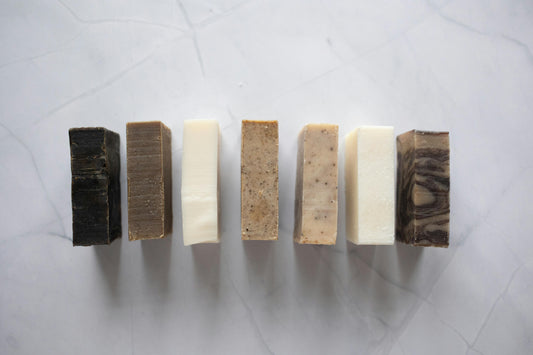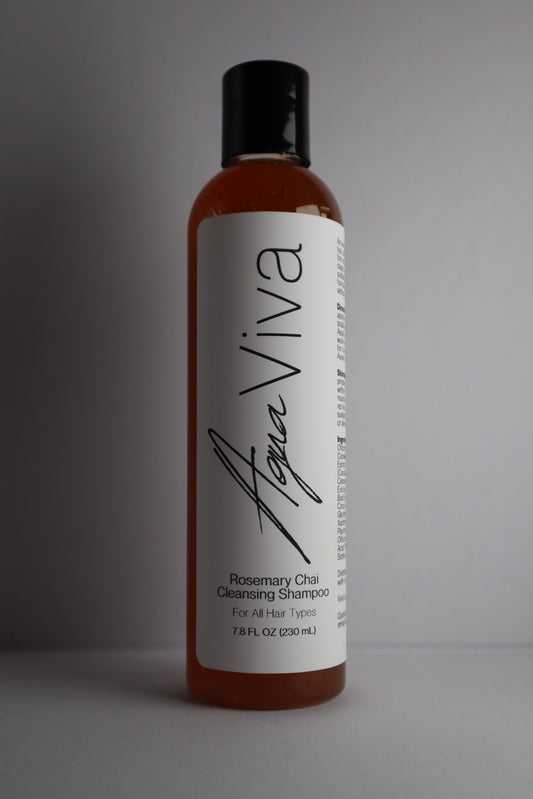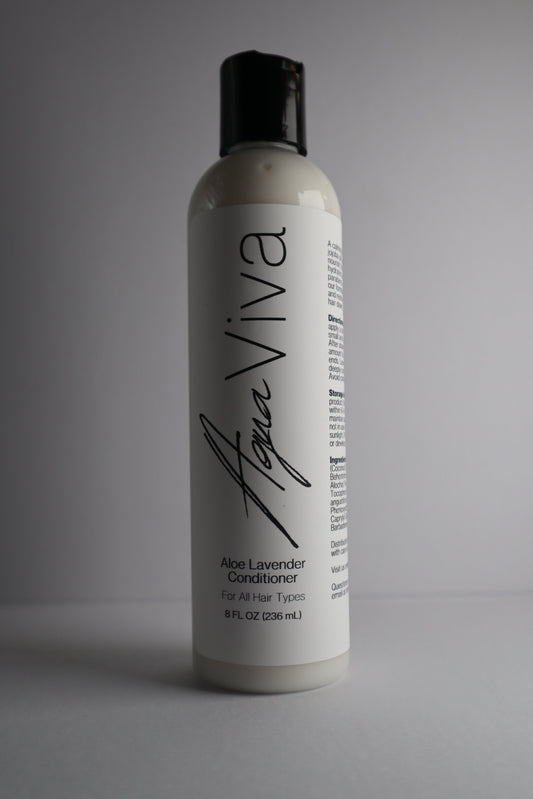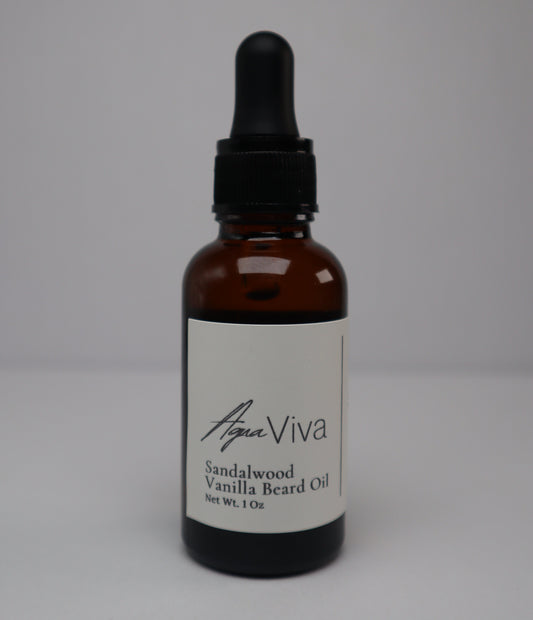
Is Rosemary Good for Your Hair?
Share
If you have searched haircare tips anytime in the last 5 or so years, you are bound to have stumbled across some sort of rosemary oil or extract. While purported as a strong natural alternative, this begs the question - is Rosemary even beneficial for your hair? And, if so, what scientific evidence is there to support this?
What Is Rosemary and Why Is It Used for Hair?
Rosemary (Rosmarinus officinalis) is a woody, evergreen herb native to the Mediterranean region. It contains active compounds such as rosmarinic acid, caffeic acid, ursolic acid, and various essential oils like cineole and camphor. These compounds are known for their antioxidant, anti-inflammatory, and antimicrobial properties.
In traditional medicine, rosemary has been used to stimulate circulation and reduce inflammation. These same effects are believed to support scalp health and potentially encourage hair growth.
Key Benefits Explained
Rosemary is often promoted for several specific hair benefits. Here is what current research and anecdotal evidence suggests:
1. May Stimulate Hair Growth
One of the most commonly cited reasons people use rosemary is its reported effect on hair growth. A 2015 randomized study compared rosemary oil to minoxidil (a common over-the-counter hair growth treatment) in individuals with androgenetic alopecia. After six months, both groups saw similar improvements in hair count, suggesting that rosemary oil may be an effective alternative for some people.
The mechanism behind this is likely increased blood circulation to the scalp, which can help deliver nutrients to hair follicles and support their function.
While this study isn't flawless, it does show some promising results for the use of rosemary as a natural remedy.
2. Can Help Reduce Scalp Inflammation
Inflammation is a common cause of scalp issues like dandruff, itching, and irritation. The anti-inflammatory properties of rosemary can help soothe the scalp and create a healthier environment for hair to grow. This may be especially beneficial for people with sensitive skin or scalp conditions such as seborrheic dermatitis.
3. Antimicrobial Properties
The essential oils in rosemary have been shown to have antimicrobial activity against certain bacteria and fungi. This can help reduce buildup on the scalp and may lower the risk of conditions like folliculitis or dandruff that are linked to microbial imbalance.
4. May Prevent Hair Thinning
By improving circulation and reducing inflammation, rosemary may help slow the progression of thinning hair. While it is not a magic cure for hair loss, it may be a useful supportive treatment, particularly when used consistently over time.
How to Use Rosemary for Hair Health
If you are wondering how you can use rosemary for your hair, there are several options:
- Rosemary oil: Use a ready-to-go Rosemary Hair Oil or dilute a few drops of rosemary essential oil (be careful not to use too much) in a carrier oil such as coconut or jojoba oil and massage it into the scalp. Leave it on for at least 10-15 minutes before washing it out.
- Rosemary water: Steep fresh or dried rosemary in boiling water, let it cool completely, and pour it over your scalp and hair after shampooing. Do not rinse it out.
- Infused products: Some shampoos, such as our Rosemary Chai Cleansing Shampoo, are infused with fresh rosemary and/or include rosemary oil. These products offer the benefits rosemary has to offer while fitting into your daily routine.
One of the most important things to see a benefit with rosemary is consistency. Visible results often require several weeks or months of regular use.
Are There Any Side Effects?
For most people, rosemary is well tolerated when used topically. However, it is important to remember a couple of things:
- Pure essential oils must be properly diluted to avoid irritation. Essential oils should never be directly applied to skin or hair without first diluting in a carrier oil such as coconut or jojoba oil.
- Anytime you use a new product, it is a good idea to perform a patch test. To do so, simply apply a small amount of the product to a small, inconspicous patch of skin. If redness, swelling, or other signs of an allergic reaction occur, discontinue use of that product.
- Avoid getting rosemary based (or other personal care products, for that matter) in eyes or mucous membranes.
Although rare, some people may have allergies to rosemary or related herbs and should avoid them. As always, if you have questions or concerns about using rosemary or essential oils, you should consult with a licensed medical professional.
What the Research Says
While rosemary has a long history in traditional herbal medicine, clinical evidence for its hair-related effects are still being discovered. Studies on rosemary’s individual compounds, such as rosmarinic acid, show promise for anti-inflammatory and antimicrobial activity, but more research is still needed to fully discover all of its benefits.
That said, a large number of anecdotal reports and traditional uses support the idea that rosemary is a good option for those seeking natural solutions to hair concerns.
In Conclusion
So, to answer the question, "Is rosemary good for your hair?":
Current research, historical use, and a growing number of anecdotal accounts suggest that it may offer real benefits, especially for scalp health and hair growth. While it is not a magic bullet or a guaranteed cure for everyone experiencing hair loss or damage, its low-risk profile and numerous cited benefits make it a popular choice in natural hair care routines.
If you are looking for a simple and natural way to support your hair, rosemary may be worth adding to your regimen. Our Rosemary Chai Shampoo, Rosemary Lavender Shampoo, and Rosemary Clove Hair Oil are infused with fresh rosemary and provide the numerous benefits that rosemary has to offer. As with any treatment, consistency is key.







